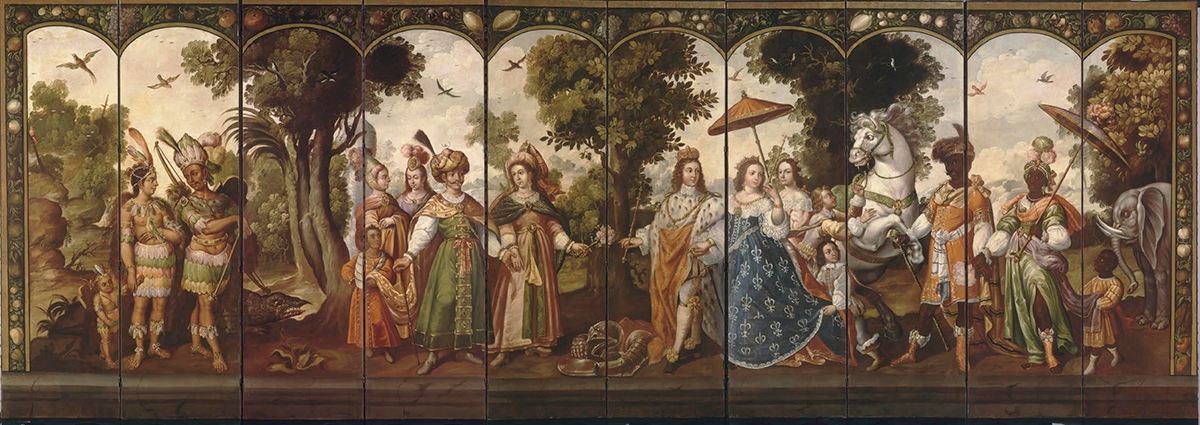Special Topics: The Matter of Location — Placemaking and Material Culture 1400-1800

This seminar emerges in response to the so-called global turn in art history, which has profoundly affected the study of objects, people, and the networks in which they became entangled during the long early modern period. Rather than studying the itineraries of mobile matter as a means to map the transregional spaces defined by their movements, however, participants in this seminar are instead invited to explore the locative function of material culture: in other words, the ways in which collaborations between people, objects, and the substances assembled within them served as powerful agents of placemaking. Although this term has recently gained currency in the context of urban planning, this seminar uses it as a lens to interrogate a diverse array of practices encompassing production, circulation, and reception that unfolded in an age of unprecedented displacement. We will begin by addressing the concept of place itself, drawing on the writing of a range of thinkers to consider its relationship to space, worlding, agency, colonization, and ecology. Successive meetings will each revolve around a specific case study to see how object-based inquiries employ these ideas to investigate specific contexts within our temporal parameters. Along with intensive reading and in-class presentations, participants will also produce a substantial research paper that will be developed over the course of the semester.